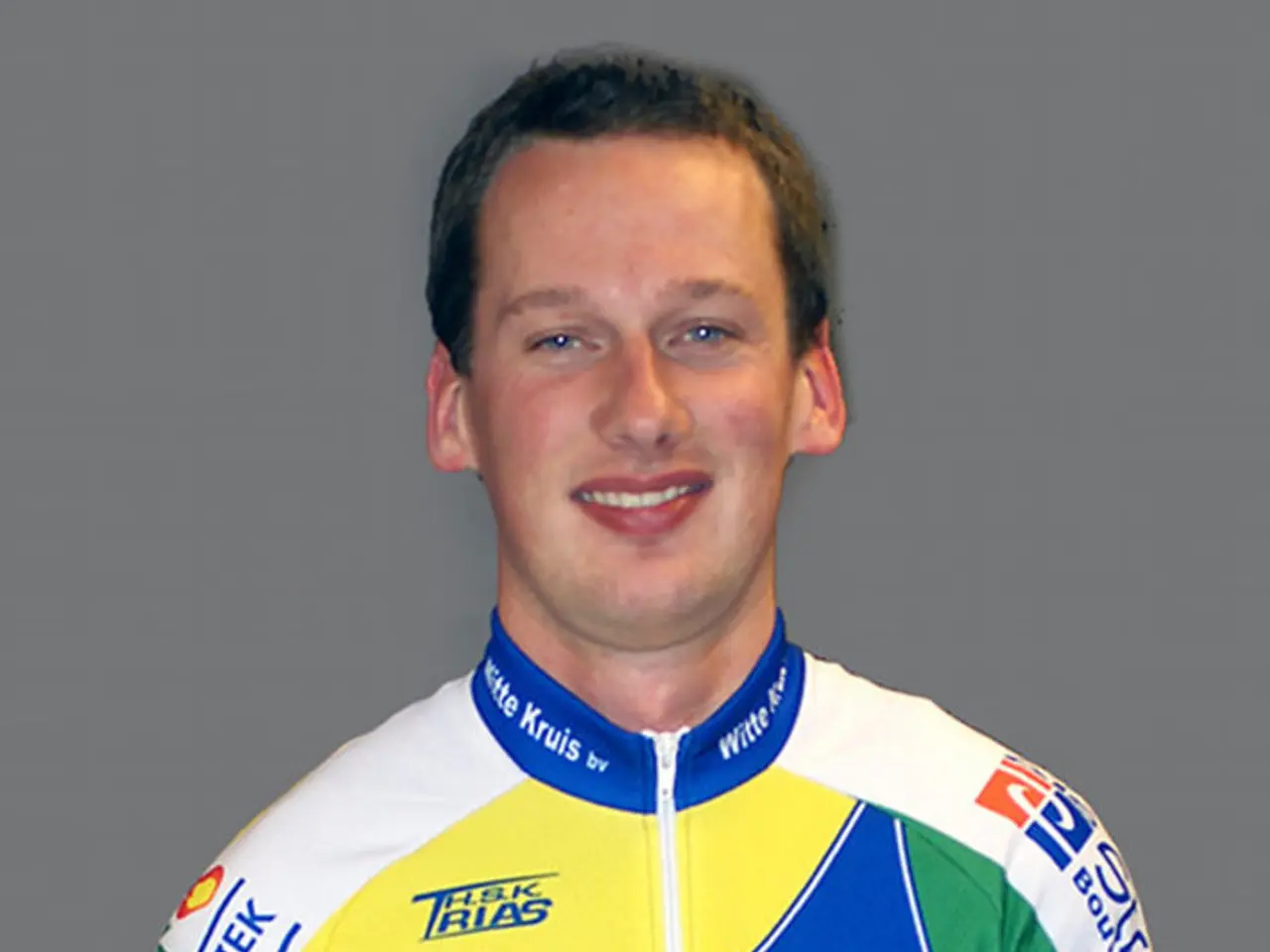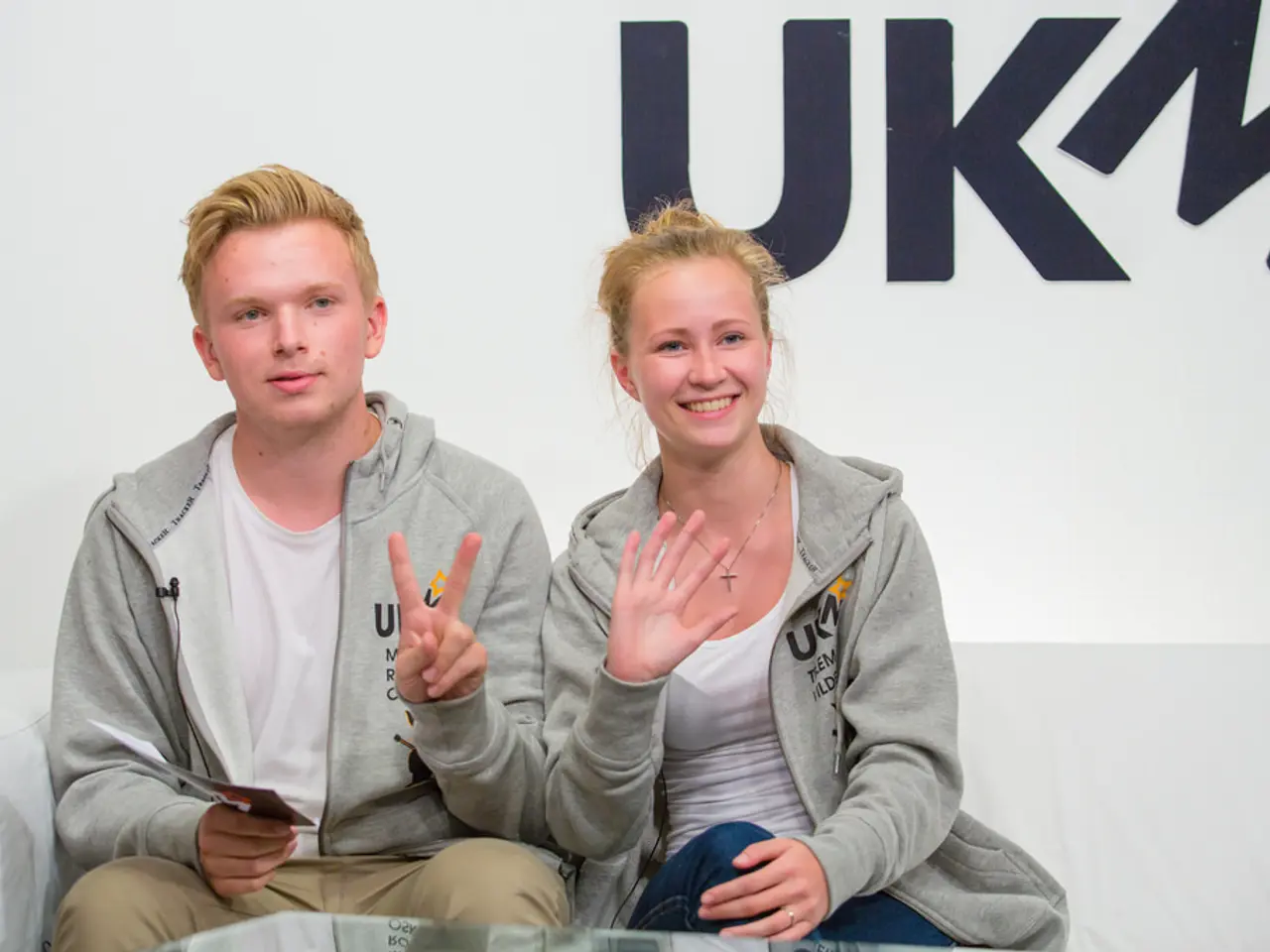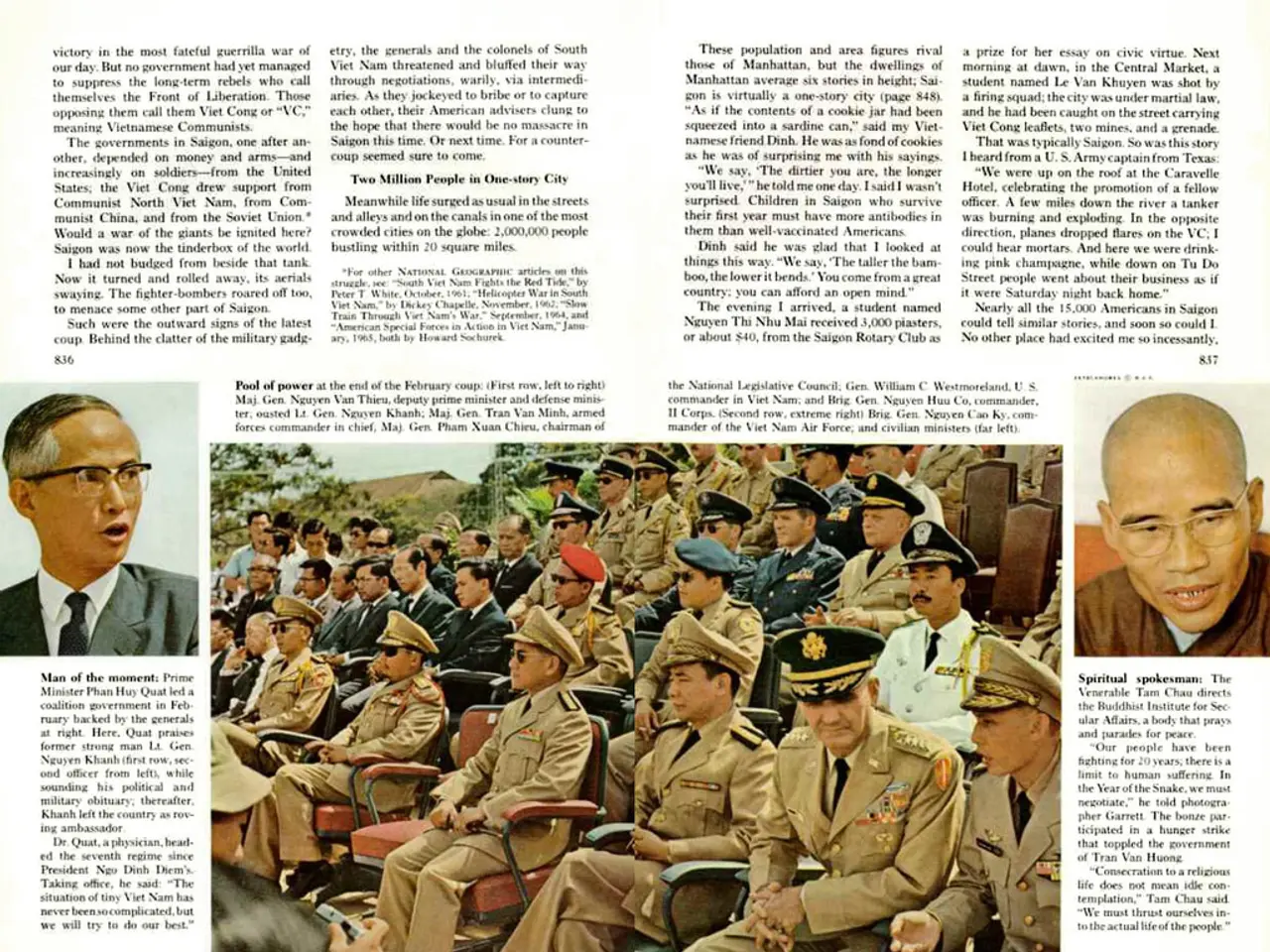Bundeskartellamt's Take on the 50+1 Rule: A Shake-up for Leverkusen, Wolfsburg, Leipzig, and Hannover 96
Trios in Leverkusen, Wolfsburg, and RB Leipzig face alterations amidst their sports ventures.
Facebook | Twitter | Whatsapp | E-Mail | Print | Copy Link------|------|------|------|------|------
German football's governing body, the DFL, is under fire to adjust their methods in light of scrutiny from the Federal Cartel Office (Bundeskartellamt). The statement applies not just to Bayer Leverkusen and VfL Wolfsburg, but also to RB Leipzig and Hannover 96.
Following a thorough examination of the 50+1 rule in German football, the Bundeskartellamt has highlighted the need for improvements, particularly focusing on Leverkusen and Wolfsburg, who have special exceptions under the current rules. Nevertheless, the antitrust authority has also come after Leipzig and Hannover 96. According to Andreas Mundt, President of the Bundeskartellamt, the DFL's proposed modifications to the grandfathering rules for sponsor clubs "must be in line with the stringent standards" set by European case law.
There's a glimmer of hope for an end to this long-standing debate, as the Bundeskartellamt reaffirmed that there are no major concerns about the ongoing procedure – a process used for seven years already. However, to ensure a more secure and consistent application of the rule in the future, the DFL is expected to take action. All the affected clubs and investors have the chance to express their thoughts on the matter before the Bundeskartellamt completes its recommendations and closes the proceedings.
"Saying Goodbye to Everlasting Exemptions" for Wolfsburg and Leverkusen (probable title)
A deal struck in 2023 between the DFL (the umbrella organization for 36 professional clubs) and the Bundeskartellamt calls for changes in the controversial 50+1 rule, which restricts investors from holding a majority of the shares in club capital companies. Bayer Leverkusen and VfL Wolfsburg have operated under special exemptions thus far. However, due to new case law from the European Court of Justice (ECJ), it appears challenging to promulgate permanent exemptions for clubs with historical sponsorship relationships.
Leverkusen's long time sponsor, Bayer, has influenced the club since the rule's initial application in 1999. An exemption was granted following substantial support provided to the club for at least 20 years. Apart from Leverkusen, VfL Wolfsburg and TSG 1896 Hoffenheim (where benefactor Dietmar Hopp held the majority in football operations GmbH since 2015) are the other clubs enjoying such exemptions. Hopp's club, however, agreed to return to the regular 50+1 structure by the end of 2023.
Andreas Mundt, head of the Bundeskartellamt, stresses the need for the DFL to foster equal competitive conditions by applying the 50+1 rule consistently and without discrimination.
"The whole DFL e.V. will have to find ways to secure and strengthen the regulation," stated Hans-Joachim Watzke, representative of the DFL presidency. The 50+1 rule is a crucial aspect of German football, and the DFL remains determined to protect and sustain it.
Mundt subtly addressed the issues surrounding both Leipzig and Hannover 96: "Firstly, the DFL should ensure open access to membership for all clubs in both Bundesliga and 2. Bundesliga. Secondly, the DFL must structure its voting processes in alignment with the interpretations of the 50+1 rule."
The specter of Leipzig looms over the German football scene due to negative public opinion. Red Bull GmbH, which holds 99% of RB Leipzig GmbH and 1% of the e.V., took over the professional department in December 2014. The registered association's majority of votes preserves the 50+1 rule, with only 23 voting members in the club, all of whom are determined by RB.
A power struggle has been going on at Hannover 96 for years, pitting the club against its capital side. Long-time president and CEO of the outsourced professional football area, Martin Kind (81), has been at the center of the conflict. During a member meeting in December 2023, he was instructed to vote against letting an investor join the DFL. Kind has yet to reveal his actual vote towards the investor's entry. The results and his stance on the matter suggest that he did not comply with the directive.
Source: ntv.de, Ulrike John and Claas Hennig, dpa
- Football Bundesliga
- VfL Wolfsburg
- RB Leipzig
- Hannover 96
- Bayer 04 Leverkusen
- Investors
** insights:**- The 50+1 rule was introduced to prioritize fan ownership over commercial interests in German football.- The Bundeskartellamt is responsible for reviewing the rule to address potential antitrust concerns.- Exemptions have been granted to clubs like Bayer Leverkusen, VfL Wolfsburg, and Hannover 96, but the Bundeskartellamt has expressed a desire to end permanent exemptions.- Clubs will likely discuss and implement changes to the rule, ensuring support for the core principle that fans maintain a majority stake in club ownership.- The Bundeskartellamt's recommendations for individual clubs, such as Bayer Leverkusen and VfL Wolfsburg, have not been specified in recent statements.- The power struggle between Hannover 96's club leadership and its capital side has been ongoing for years.
"The Bundeskartellamt has emphasized the need for all community institutions in German football, including Bayer Leverkusen, VfL Wolfsburg, RB Leipzig, and Hannover 96, to uphold equal competitive conditions, especially as it pertains to the 50+1 rule. The institution of the place of work, investors, should take note of the required changes to ensure compliance with the stringent standards set by European case law."
"With the upcoming football season, sports enthusiasts can expect debates on the future of sports-analysis, including insights on various clubs from the Bundesliga such as VfL Wolfsbourg, RB Leipzig, and Hannover 96, as well as discussions on football strategies, particularly involving the 50+1 rule and its impact on investor involvement."








